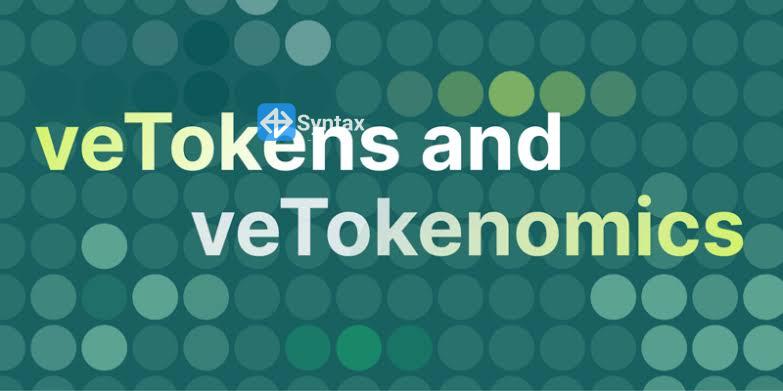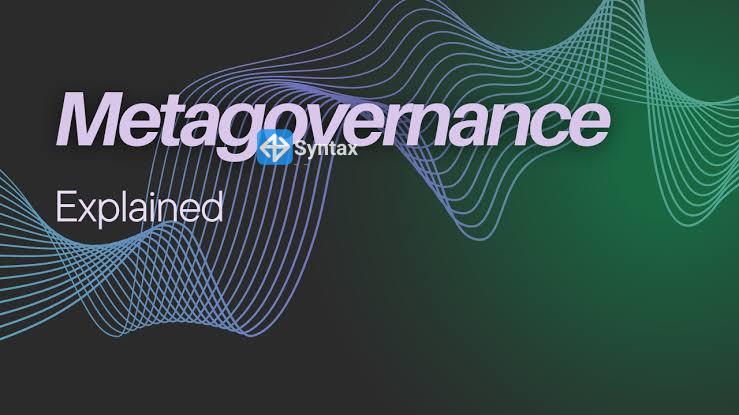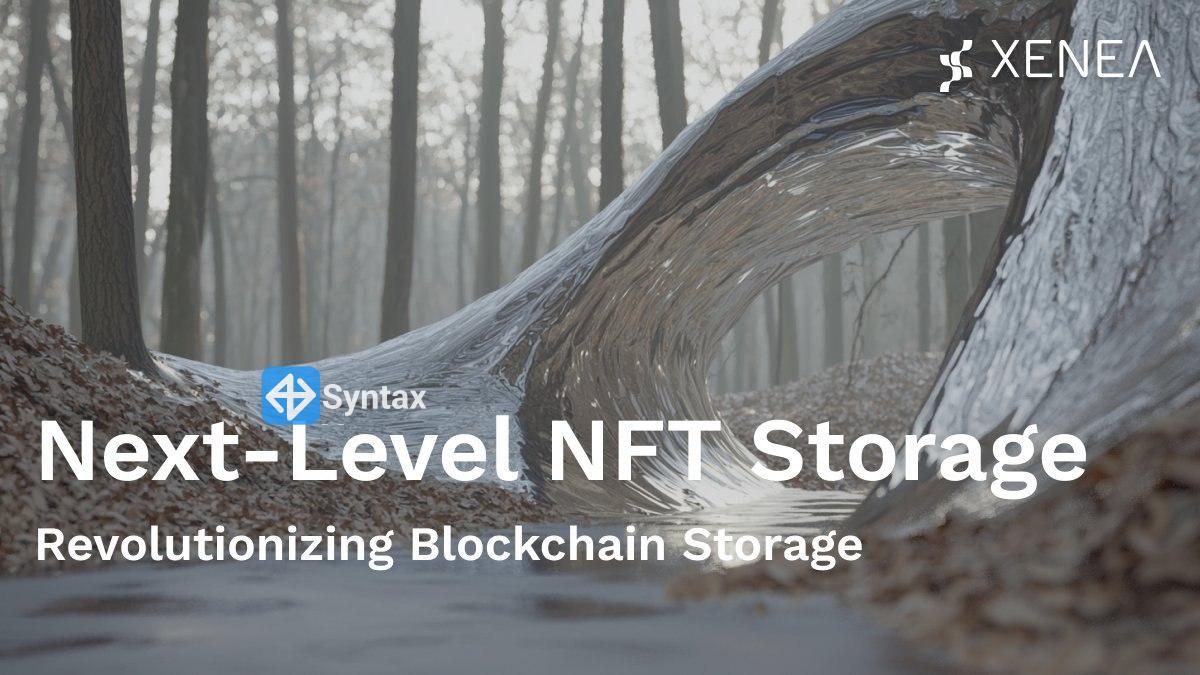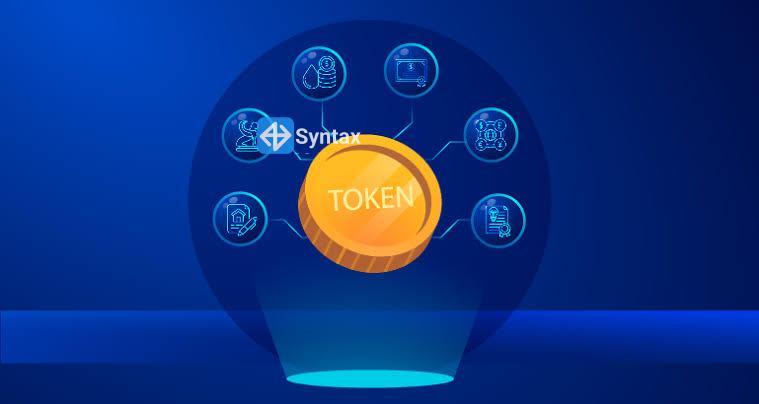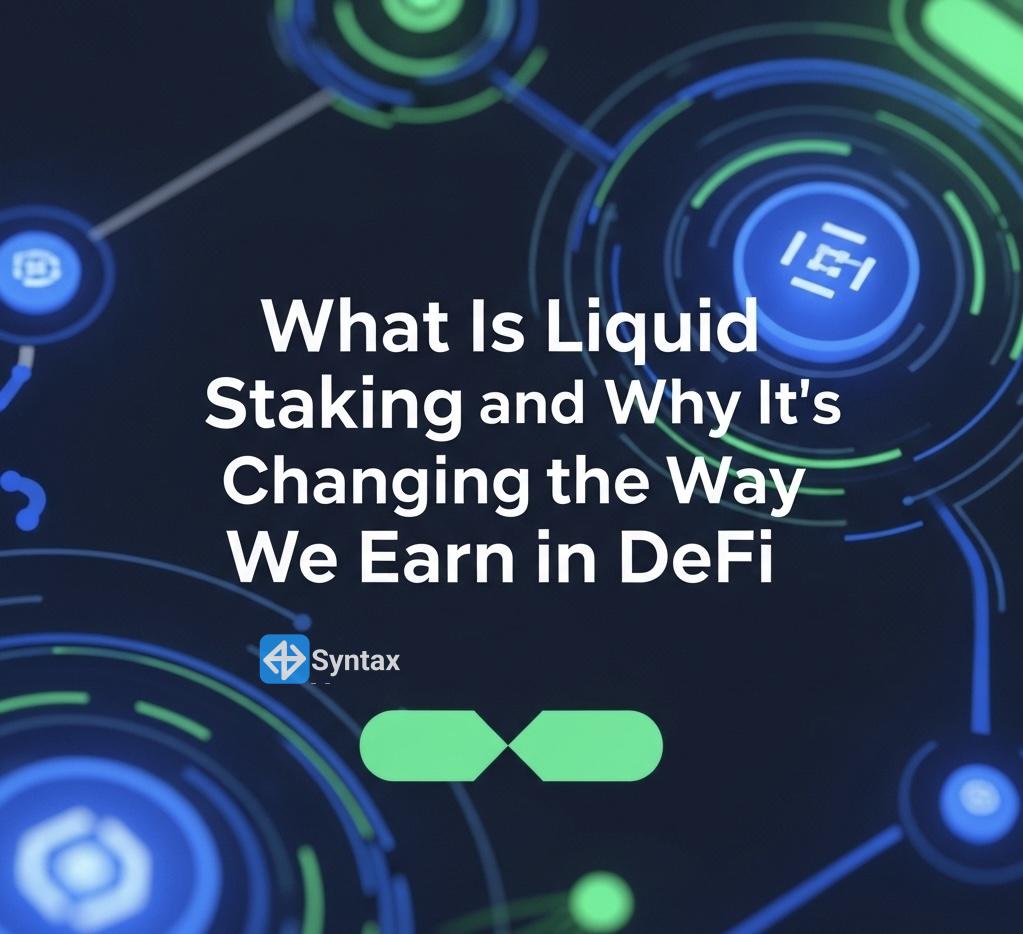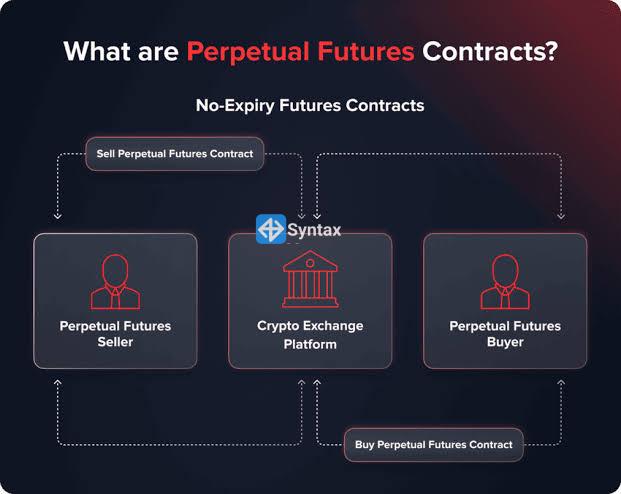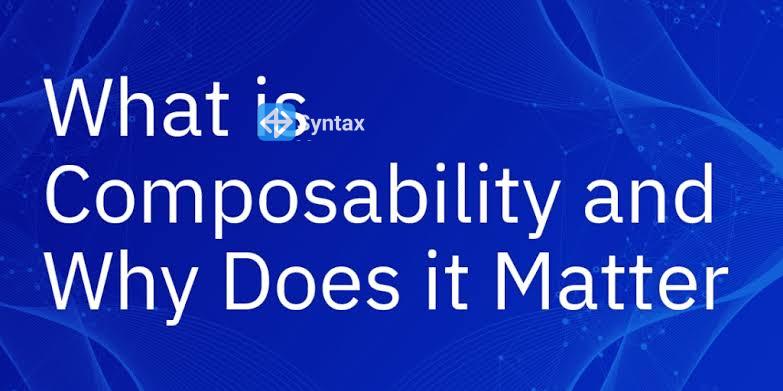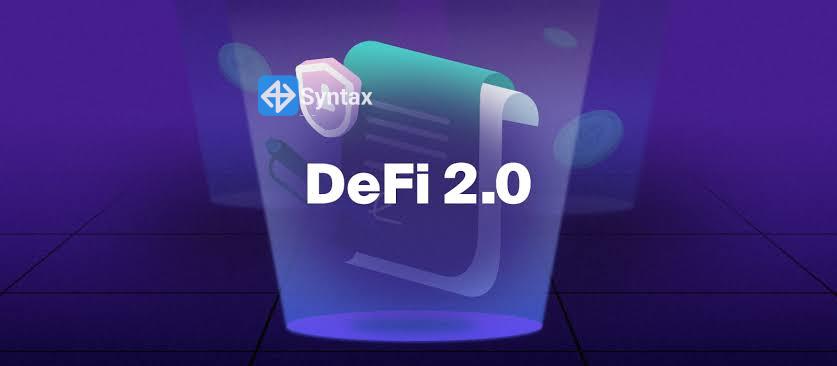In the cryptocurrency world, one of the first decisions you’ll face is choosing between a custodial wallet and a decentralized (non-custodial) wallet.
While both serve the same purpose: storing and managing your digital assets, they differ greatly in control, security, and responsibility. Understanding these differences can help you decide which is best for your needs.
1. Control Over Funds
- Custodial Wallet: The private keys to your wallet are held by a third party, such as an exchange or wallet provider. This means they control access to your funds, and you must trust them to keep your assets safe.
- Decentralized Wallet: You control your own private keys, which means you have full ownership of your assets. No one can access or freeze your funds without your consent.
2. Security Responsibility
- Custodial Wallet: Security is managed by the service provider. This can be convenient, but if the provider suffers a hack or goes bankrupt, your funds could be at risk.
- Decentralized Wallet: Security is your responsibility. While this reduces reliance on third parties, it means you must take care to back up your keys and protect them from loss or theft.
3. Ease of Use
- Custodial Wallet: Typically easier for beginners because the provider handles backups, password recovery, and security. They often integrate seamlessly with trading platforms.
- Decentralized Wallet: Offers more freedom but requires a higher level of technical understanding. Losing your private key means permanently losing access to your funds.
4. Transaction Speed and Flexibility
- Custodial Wallet: Transactions between accounts on the same platform can be instant and fee-free. However, withdrawals to external wallets may require verification steps.
- Decentralized Wallet: All transactions occur directly on the blockchain, which can take longer and incur network fees, but offers more transparency and independence.
5. Regulatory Impact
- Custodial Wallet: Often subject to regulations like KYC (Know Your Customer) and AML (Anti-Money Laundering), which require identity verification.
- Decentralized Wallet: Usually does not require identity verification, providing more privacy, though this may limit use in regulated markets.
Choosing between a custodial wallet and a decentralized wallet comes down to your priorities. If convenience and simplicity are more important, a custodial wallet may suit you. If you value full control, privacy, and independence, a decentralized wallet is the way to go.



